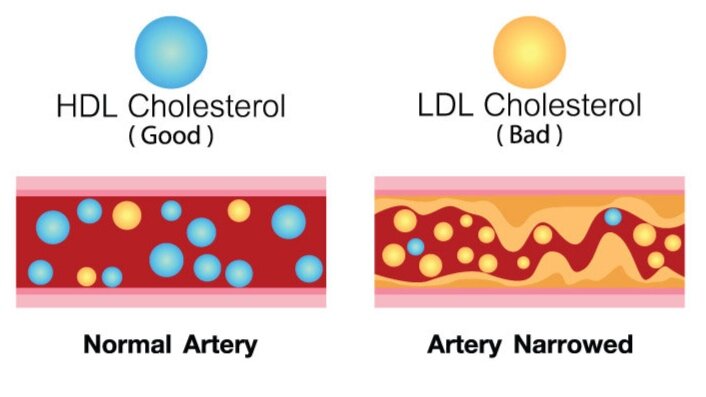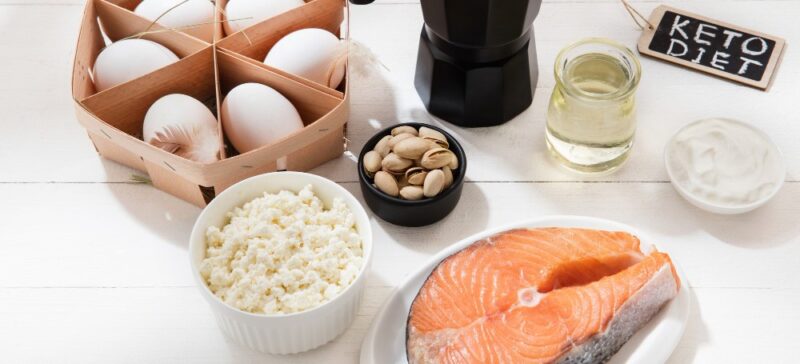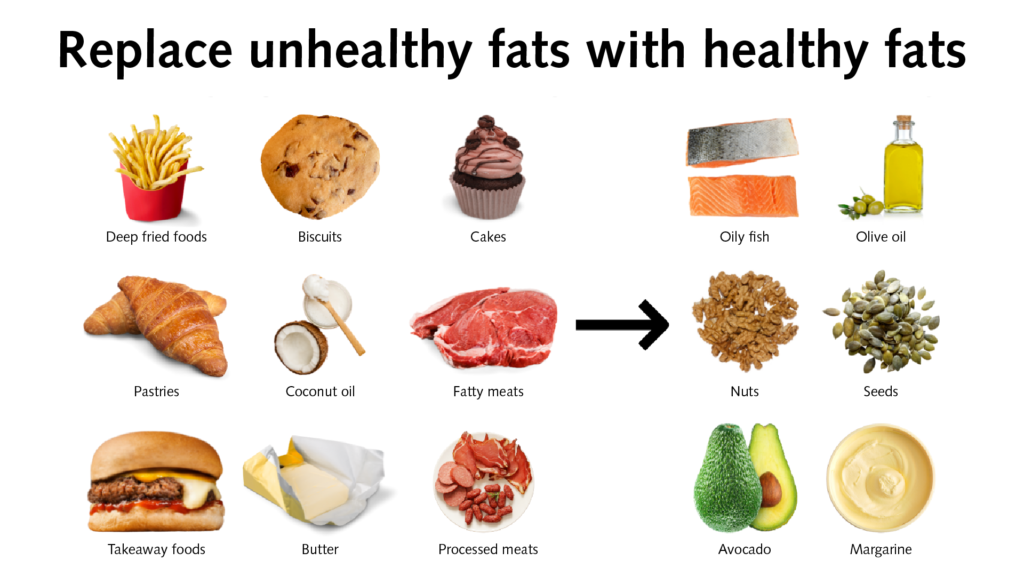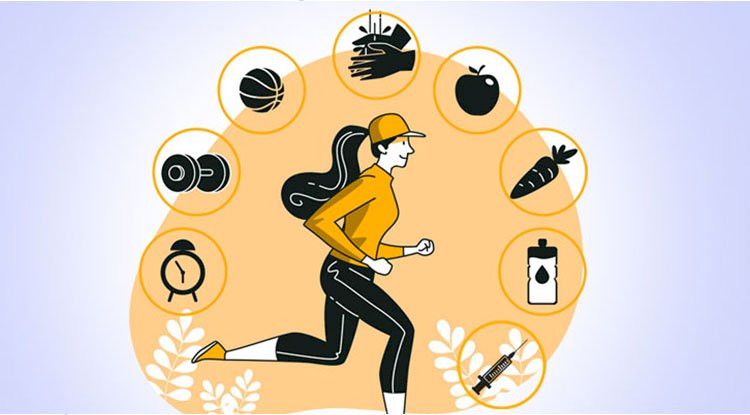How to Lower your Cholesterol
Simply put, cholesterol is a waxy substance mostly produced by your liver. Contrary to what its bad reputation might have you believe, it’s actually vital for health and well-being. It can be found in your bloodstream and your cells, where it helps produce cell membranes, hormones, vitamin D, and even bile acids (which help you digest fat). It’s also vital for neurological health, helping with memory and cognition.
Types of Cholesterol
There are two main types of cholesterol, high-density lipoprotein (HDL) and low-density lipoprotein (LDL). HDL is termed “good” since it helps keep cholesterol away from your arteries. LDL is traditionally termed “bad” cholesterol since it may have a tendency to build up in your arteries. While cholesterol is found in food (eggs & other animal products), your body actually makes up about 75% of your cholesterol for you. In general, dietary cholesterol doesn’t impact blood cholesterol.

Dietary Cholesterol

For one, your body can’t actually absorb most of the cholesterol from food. Your body also tightly regulates cholesterol by controlling internal production. In other words, if you eat less dietary cholesterol, your body will simply produce more and vice versa. This helps explain why, for about 75% of the population, dietary cholesterol won’t increase blood cholesterol. The remaining 25% are considered hyper-responders. For these hyper-responders, dietary cholesterol does tend to increase HDL and LDL but doesn’t affect their ratio or risk of heart disease.
How to Lower Your Cholesterol Levels
Focus on quality, not quantity. Rather than counting grams of single nutrients, aim to eat a diet that’s rich in vegetables, healthy fats, and high-quality proteins. If you tolerate gluten-free grains or legumes, add those in, too, focusing on portion size. While no single food can immediately undo high levels of LDL or low levels of HDL cholesterol, a healthy, balanced diet will eventually lead to better levels over time. When you include fat on your plate, make sure you’re ditching processed vegetable oils and instead opting for things like: avocados, fatty fish rich in omega-3s, coconuts, olives, nuts & seeds.

Lifestyle Changes That Impact Cholesterol Levels
If you want to improve your cholesterol levels and your health as a whole, there’s plenty more you can do. As we mentioned above, work on avoiding refined grains and sugars, especially high fructose corn syrup. Exercise or move your body in a way that you enjoy. It may seem like a lot to change, but take it one step at a time! Start with adding in some of the nourishing things, like more veggies (fiber!) or nourishing fats. Then, slowly, work on the lifestyle factors or on removing some of the potentially inflammatory foods. Little by little, your actions will add up.

